This post is part of a series on the skills children learn in a Positive Discipline classroom, and how parents can support their children in using these skills outside of school. For more background on this series, read Positive Discipline in The Classroom: Bringing The Skills Home.
If you are in the Pacific Northwest, check out Sound Discipline to learn more about bringing Positive Discipline to your school or community.
What Children Learn:
In this activity, students learn the 3 R's of recovering from mistakes. They previously discussed that mistakes are learning opportunity. Now, the focus shifts to understanding that making the mistake is less important than what we choose to do about them.
1) Recognize: Before we can repair the situation, we have to recognize that a mistake happened and accept responsibility for our actions. This does not mean others did not play a part, this means we willingly own our part of the problem without making excuses. Many times, we are not able to do this the moment the mistake happens because emotions are elevated. We may still be blaming others for the problem; or, feeling guilty about our own actions. It's important to calm down first so that we can really own our part, and remember making a mistake is not the same as being a mistake.
2) Reconcile: This part of repairing the situation is about apologizing for our actions. Children learn this is not a time to make justifications for our actions. If we start out, "I'm sorry, but _______," we are not owning our part and instead making excuses. Time is spent learning what makes an apology effective and children practice using the three-step apology model.
3) Resolve. Some times saying "I'm sorry" is not enough. We may need to take action or share more information to effectively repair the situation. We do this by letting them know what we learned and what we plan to do different next time. "I am sorry I took your pen and you didn't have one for journaling. Next time I will get my own pen," or, "I am sorry I cut in line and that made you have to wait longer for lunch. Next time I will wait my turn at lunch."
Why It’s Important:
Often the first experience children have with the word sorry is being told to say to say it on demand to someone else. Over the years of early childhood, they are asked to say that word whether they want to or not, often at times they are feeling angry or sad themselves. The word can become a signal for, "I am in trouble." The Recovery From Mistakes activity helps children practice saying sorry in a non-threatening environment.
As children shift their view of mistakes to learning opportunities, they can let go of the shame that usually surrounds mistakes and feel empowered through knowing how to fix the situation. Additionally, children begin to demonstrate more compassion for the mistakes of others around them.
How Parents Can Support Use At Home:
As parents, we tend to feel responsible for the mistakes of our children. It feels uncomfortable to watch our child do something that may hurt someone else and our instinct is to get an apology out of our child at all costs. The problem is, apologizing is only appropriate when it is sincere. If we teach our children that its just about saying a word, they miss out on the opportunity to learn from the situation, and they are less likely to trust apologies others may make to them.
As parents, we make mistakes too, and sometimes hurt our children in the process. We can use this three step repair process to help our children let go of the shame they may feel and make meaning of the situation. The last step, sharing what we learned and what we plan to do differently next time is one of the most powerful ways we can teach our children the importance of repairing mistakes.
Ultimately, the decision to make a repair with must come from the one who made a mistake. We can support our children by giving them a chance to calm down, showing empathy and compassion for their mistake and letting them know we trust their ability to repair the situation through encouraging statements.



